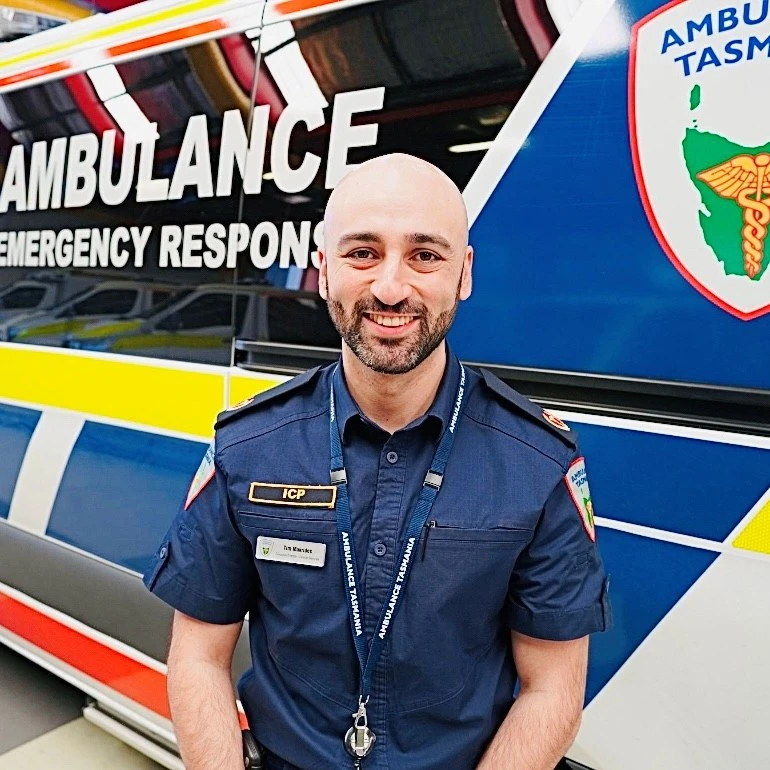
Dr Tim Makrides is an Associate Professor of Paramedicine at CQUniversity. With a background in executive leadership and system reform across paramedic systems in both Australia and Canada, he brings a unique perspective shaped by two decades of experience at the intersection of practice, policy, and research. His current work centres on the evolving role of paramedicine in modern healthcare, with a particular focus on system design, performance and modernisation. He’s also a proud dad to three energetic boys, which adds a healthy dose of chaos to life.
Area of research: Paramedicine, clinical research, professional practice, system design, digital and virtual health, high performance, military and operational medicine.
Are you currently taking students? Yes
What supervision can you provide? Masters, PhD, Primary supervisor, Co-supervisor
Supervision approach: I believe that learning flourishes in a supportive environment where diverse perspectives lead to meaningful discussions. I encourage cross-disciplinary and cross-profession collaboration to help students expand their skills and knowledge. Above all, I’m looking for students who are motivated, organised, and eager to take ownership of their research, with a strong drive to collaborate and grow throughout their academic journey.
Affiliations:
Professional links:
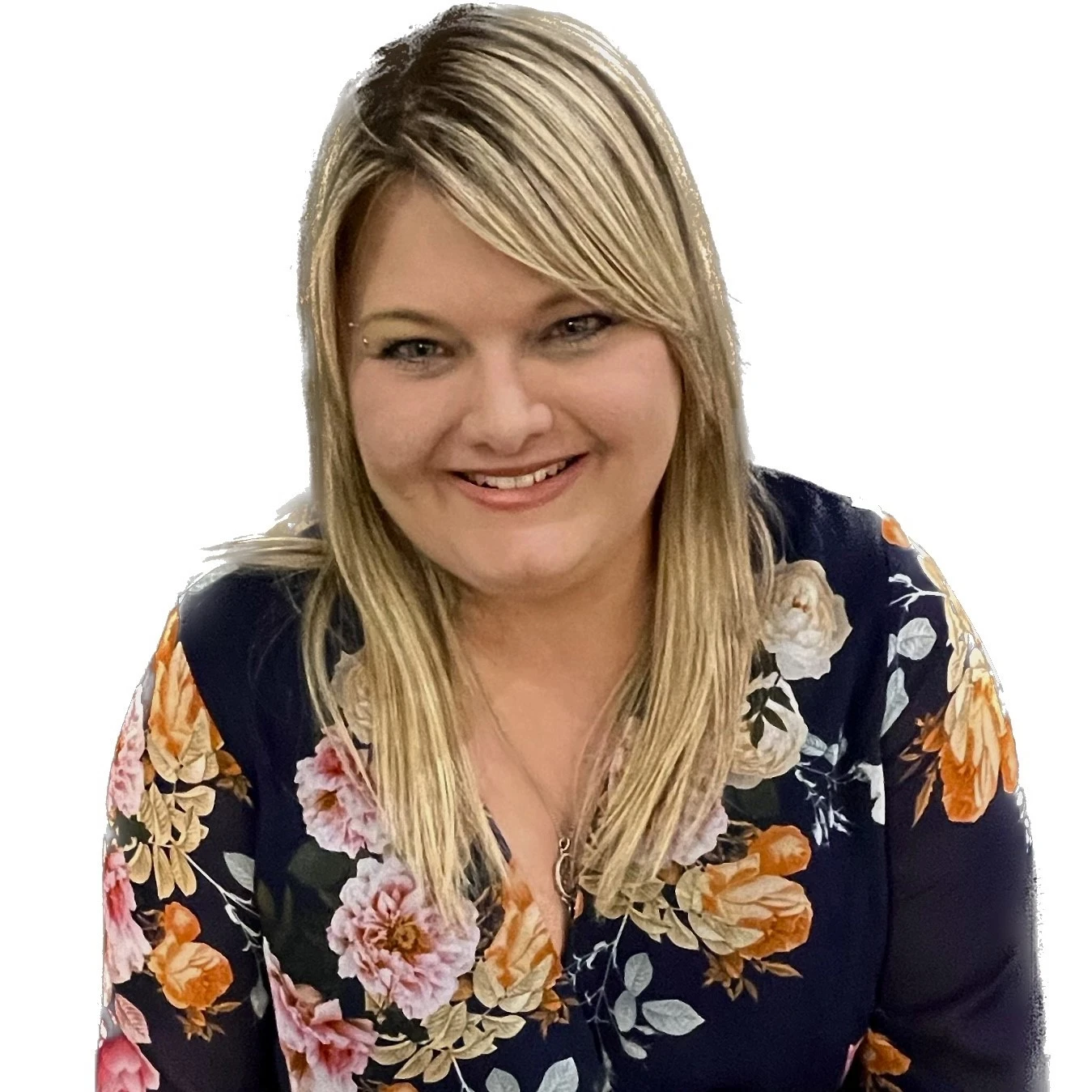
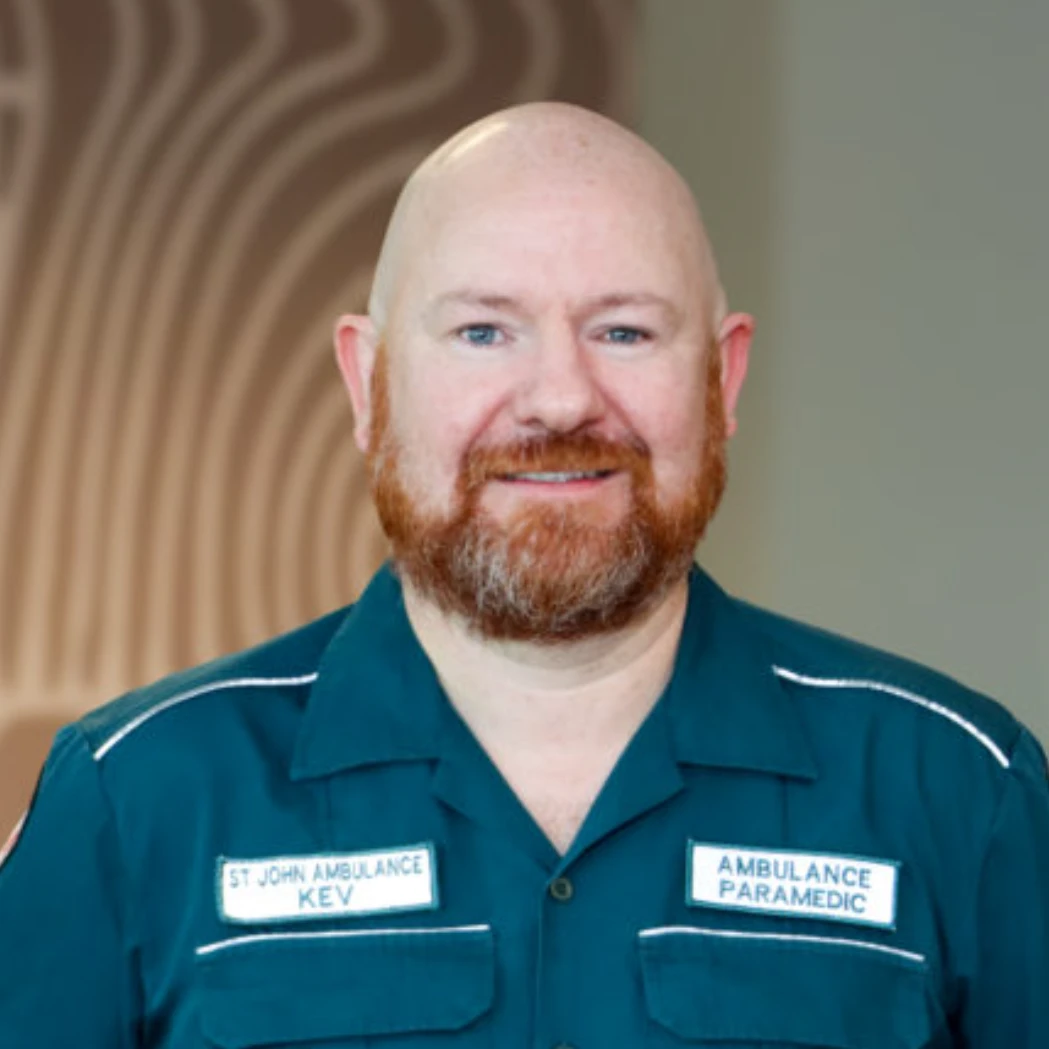
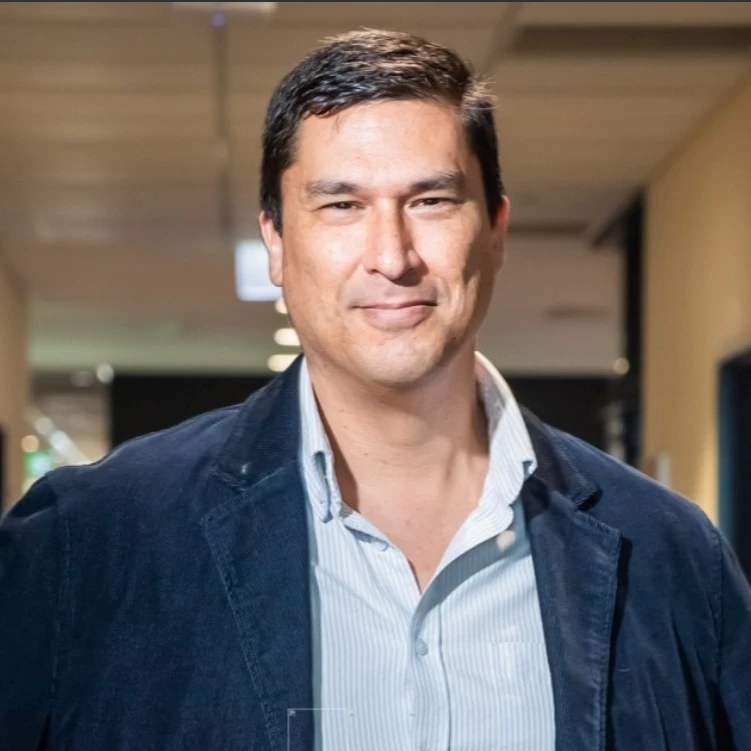
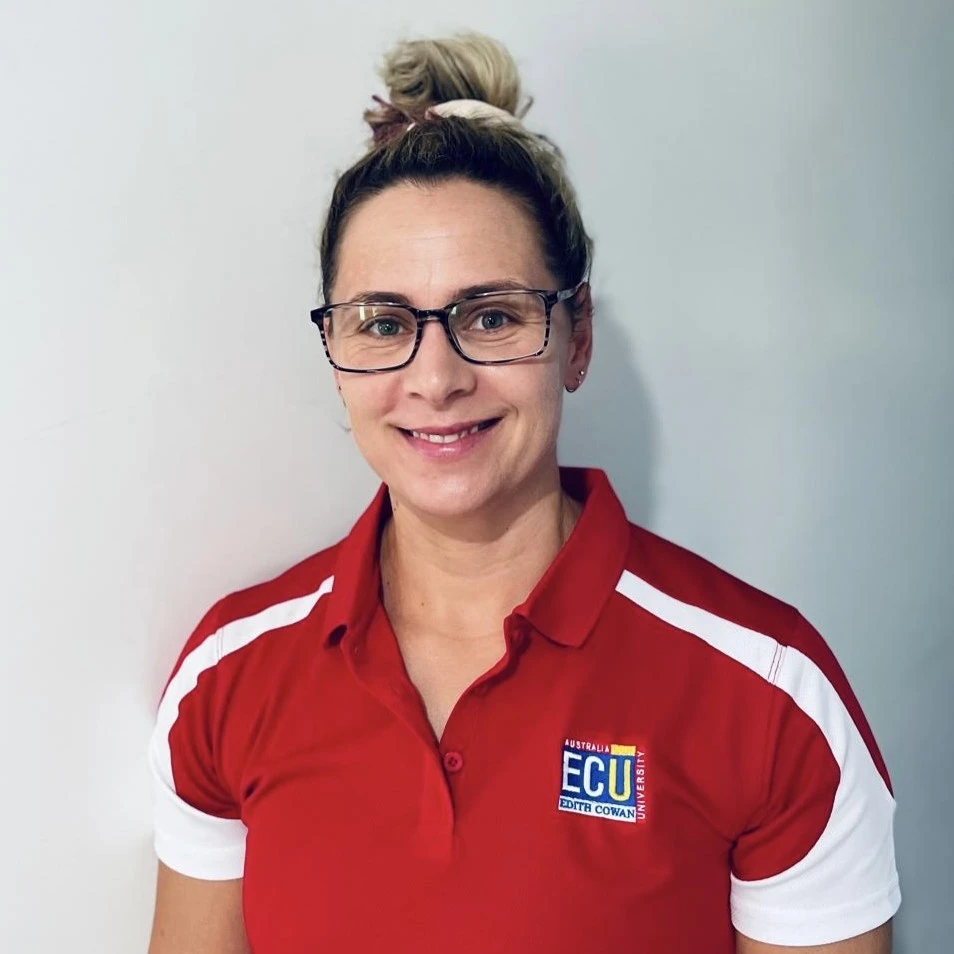
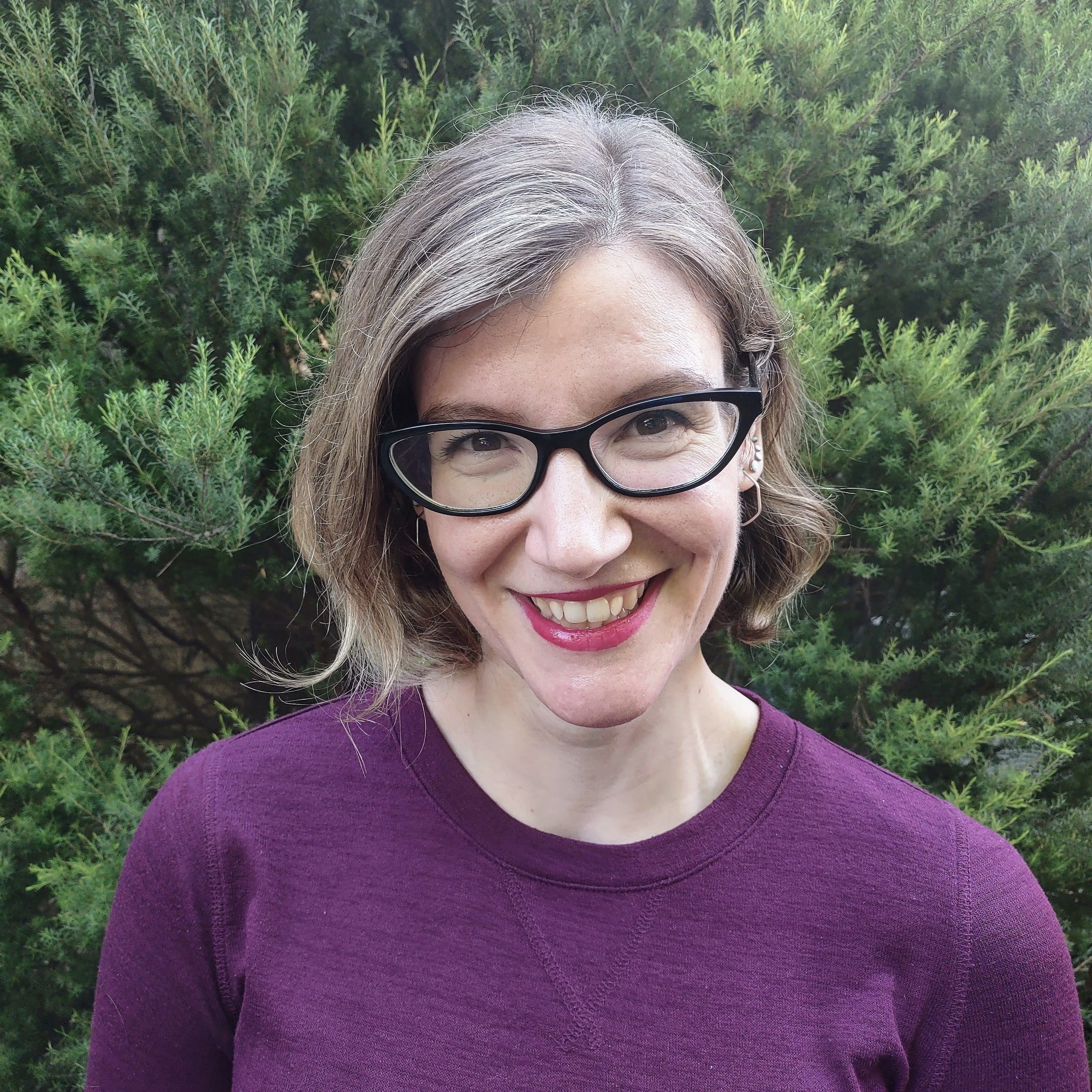
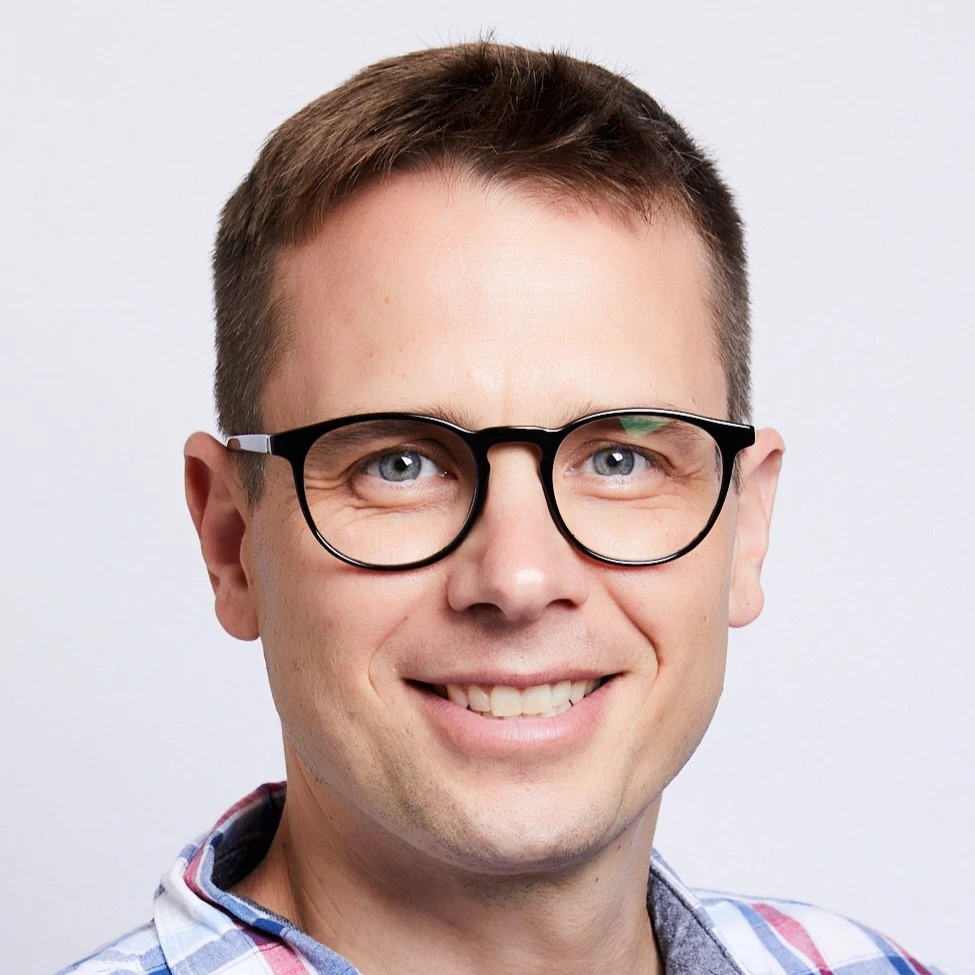
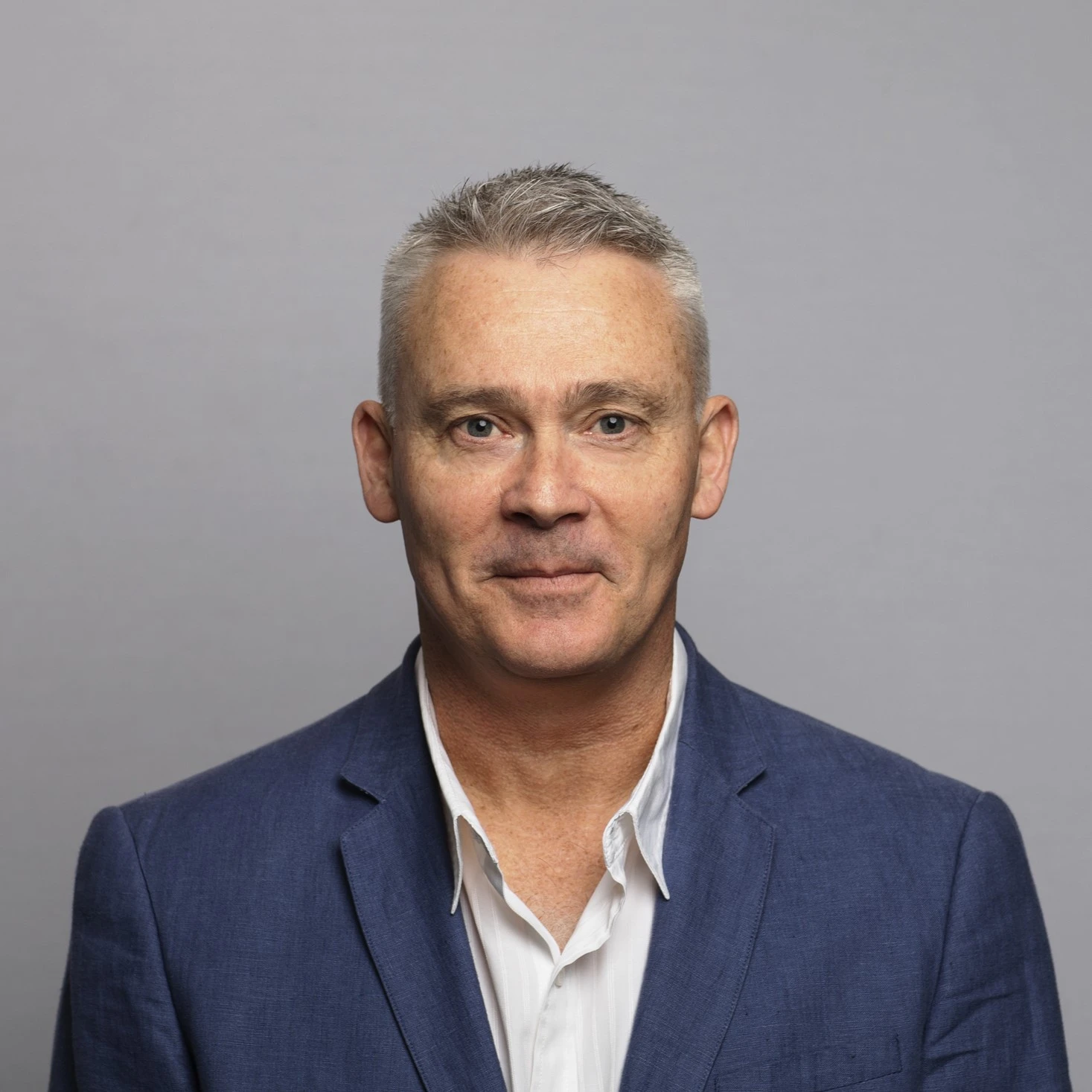
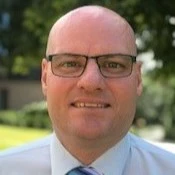
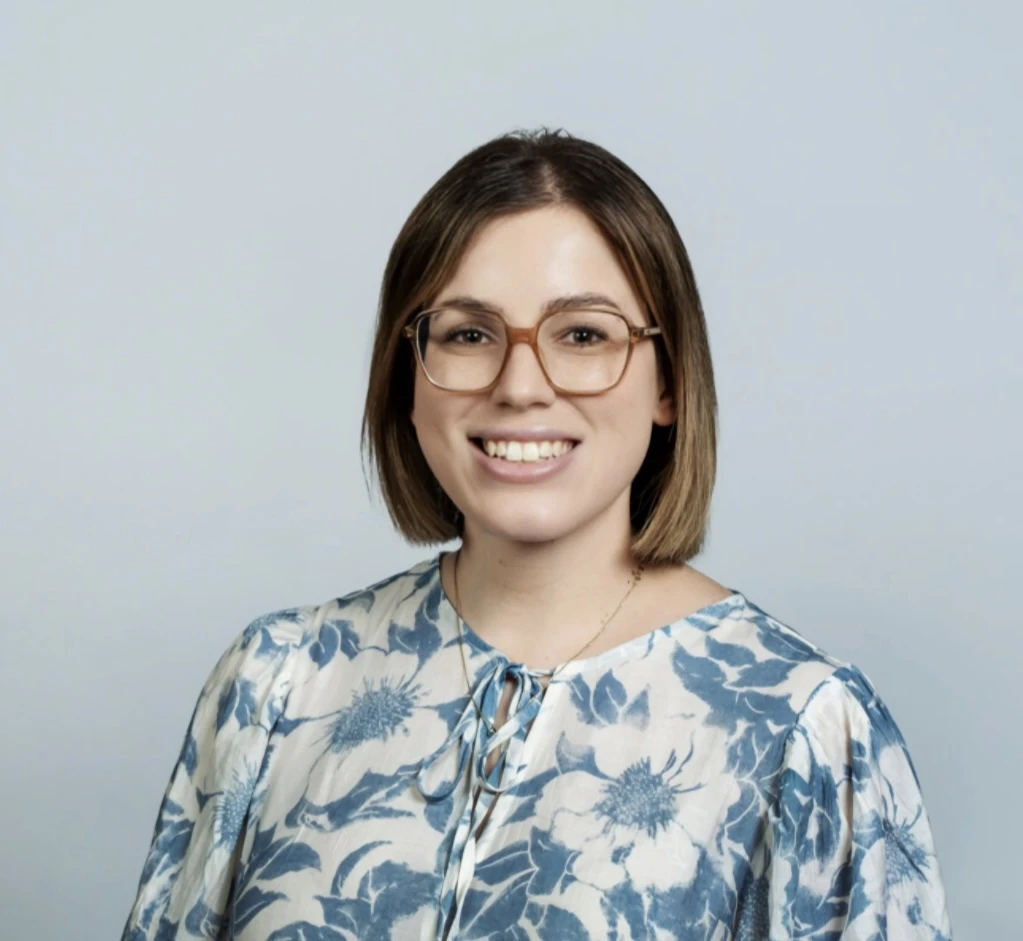
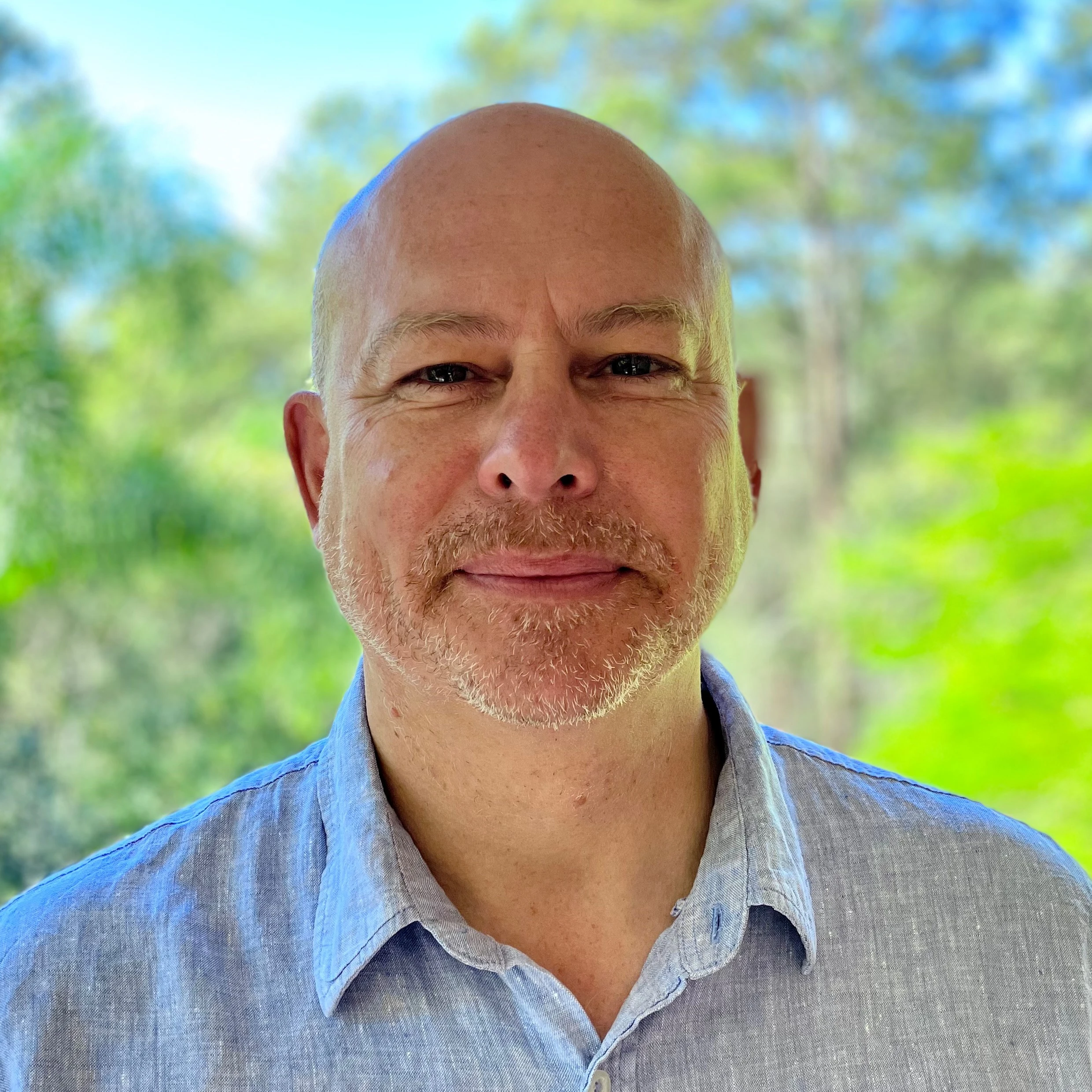
Showing 1 to 10 of 15 results